After more than 50 years of armed conflict and great violence, the Colombian state signed a peace accord in 2016 with the Revolutionary Armed Forces of Colombia (FARC). However, as our partners had predicted, this accord did not bring peace and tranquility. Especially rural territories with agro-industrial and mineral wealth suffer from neo-extractivism and illegal trafficking of drugs, weapons, minerals and people. Conflict-related violence continues, with abuses by armed groups (paramilitary groups, the Military Forces of Colombia, FARC dissidents and National Liberation Army/ELN guerillas), killings, massacres and massive forced displacements.
Colombia continues to be one of the most dangerous countries to be a human rights or environmental defender; an Indigenous peasant or Afro-Colombian social movement leader; or a journalist. In 2022 at least 215 human rights defenders were assassinated for their social justice work. The Colombian state has historically done little to protect them.
After winning the presidential election in May 2022, Gustavo Petro took office in August as the country’s first leftist president. Environmental activist Francia Marquez is the first Afro-Colombian vice-president. There is great hope that this new duo represents a historic opportunity for human rights and environmental defenders to be able to finally work with the State as opposed to being criminalized by the State. Our partners are hopeful that Colombia will finally be able to address deep-seated socio-economic inequalities, such as unequal land distribution, lack of public services, gender inequality, racism, massive organized crime and internal displacement (80,000 Colombians were newly displaced in 2022). Especially those living in the countryside (peasants, Afro-Colombians in community councils and Indigenous communities) hope the 2016 peace agreement will be implemented, particularly the deal’s promise of land reform to reduce rural inequality.
However, inflation and unemployment are rising, and a recession is on the way. Organized crime and insecurity threaten rights defenders and weaken the government’s ability to advance social justice. Climate change and environmental protection are challenging, with increasingly violent rains causing massive flooding and illegal logging and mining and deforesting as well as legal extraction causing serious environment harm. Approximately 7.7 million people need humanitarian assistance: close to three million Venezuelan migrants officially in the country plus millions of Colombians displaced by the armed conflict that continues to spread violence in much of the Colombian countryside.
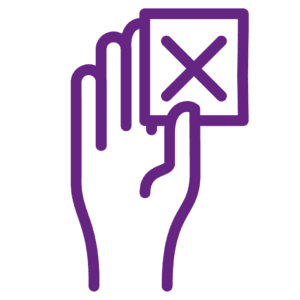

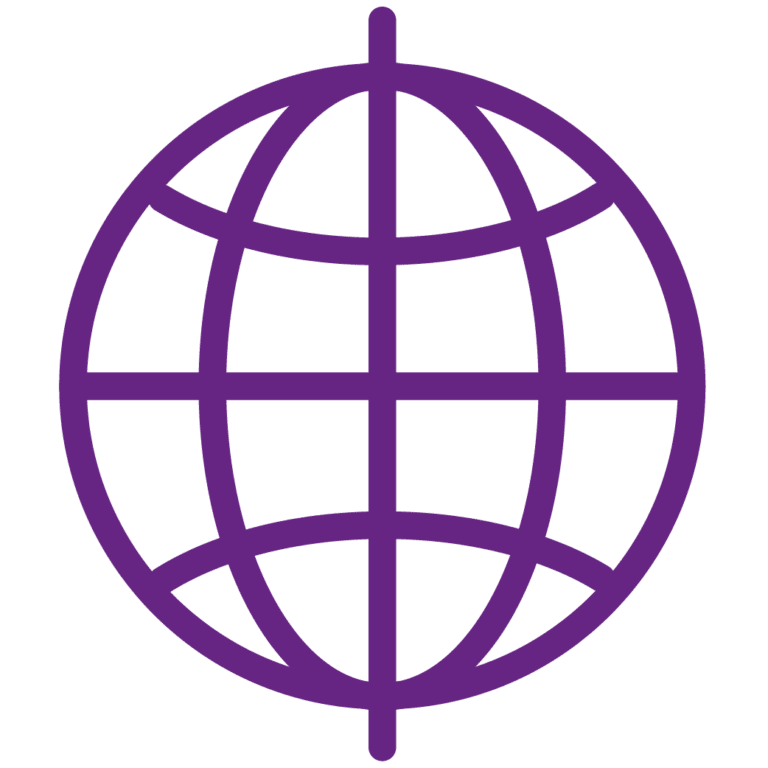

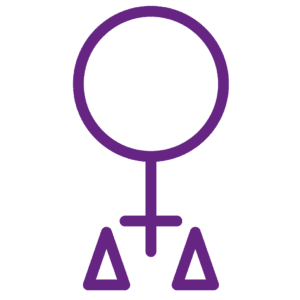



Development and Peace – Caritas Canada works in Colombia because it is one of the most unequal countries in the world and has never had real agrarian reform. Also one of the most biologically diverse countries in the world, Colombia is one of the most dangerous for human rights and environmental defenders. Its biodiversity and peoples, including communities in diverse environments, are greatly threatened by agro-industrial, mining and hydro-dam building projects (all for external commerce).
We also work in Colombia also because the armed conflict of more than 50 years forced millions of poor Colombians from their lands, particularly rural populations, to be thrown into misery. We will continue to support Colombian organizations and communities working to bring peace, to increase participation by women and youth in their communities and political matters, and to protect the environment.
Development and Peace – Caritas Canada’s Colombia program focuses on two main themes: protecting people and protecting the environment. The most marginalized, impoverished, and endangered people in Colombia are Indigenous, Afro-Colombian and peasant. The most threatened territories are rural, being pillaged for their resources, principally through heavily polluting monocrop agro-industrial projects for export and mining projects (legal or illegal). As a result, our country program is focused on rural areas and people, supporting their struggle for rights and to promote environmental sustainability, gender equality, citizen participation and effective public policy and peace-building, with a strong focus on women and youth (Indigenous, Afro-Colombian and peasant).
Our programming in the country is structured around these areas of focus:
Ecological justice: because of the importance of the biodiversity of Colombia and its Amazon. This biodiversity and rural populations are threatened by neo-extractivism (agro-industry and mining for export).
Democracy and citizen participation (particularly of the most marginalized such as women, youth and rural communities): formation, organizing, mobilizing of communities that are working for collective rights and well-being through public policy on health, education, housing, employment, sustainable and inclusive development, and peace-building.
Justice for women: women are invisible victims in armed conflicts, targeted and exploited by all sides and also burdened with trying to maintain their families in dangerous conditions. Women are amongst the most affected by inequality, poverty and conflict. They need to be active, engaged leaders in development initiatives to bring about social justice and peace.
Peace and reconciliation: peace accords have not brought peace. The population needs to be protagonists in building a new culture of peace, building and living in peace every day. After 50 years of conflict it will take decades to build new habits and ways of responding and thinking, and of viewing and treating others.
We will continue to work with rural communities affected by the armed conflict, and promote peace and environmental sustainability in their territories. We will continue to focus on women and youth members and leaders of rural organizations (Indigenous, Afro-Colombian and peasant). We will support these actors and their organizations as they work for social inclusion and sustainable development and peace, responding to the needs of the people and the cry of the Earth.
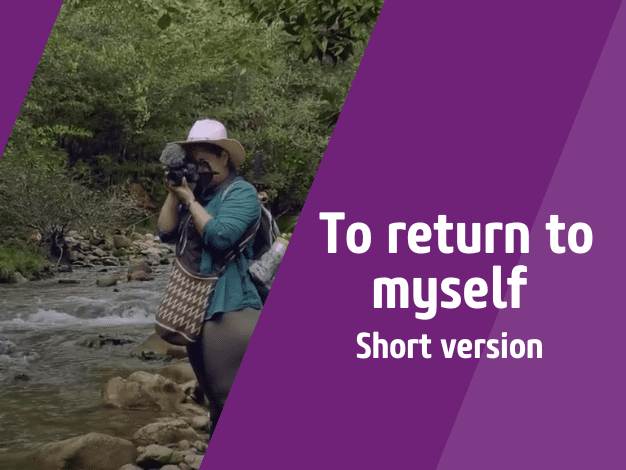

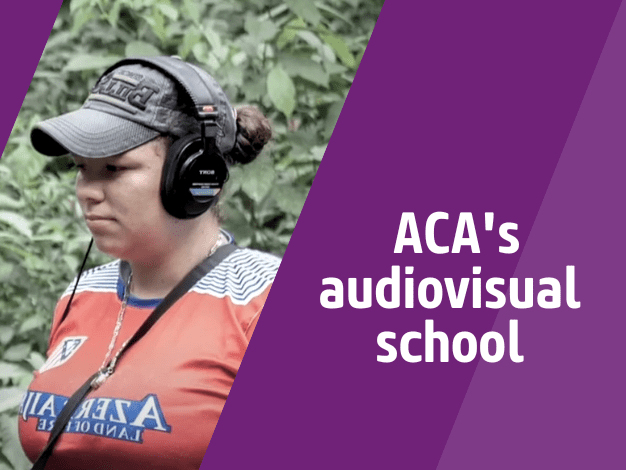

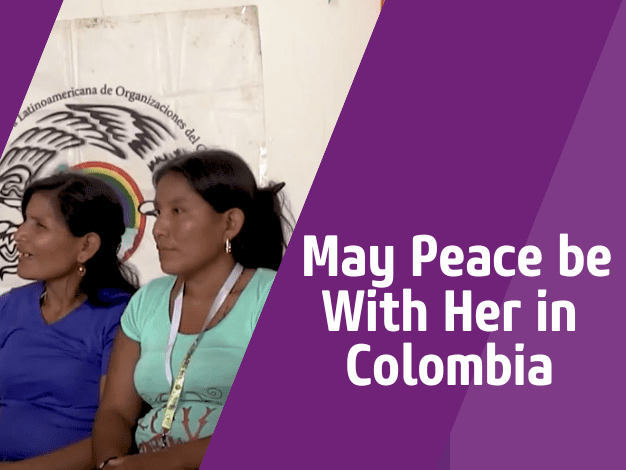

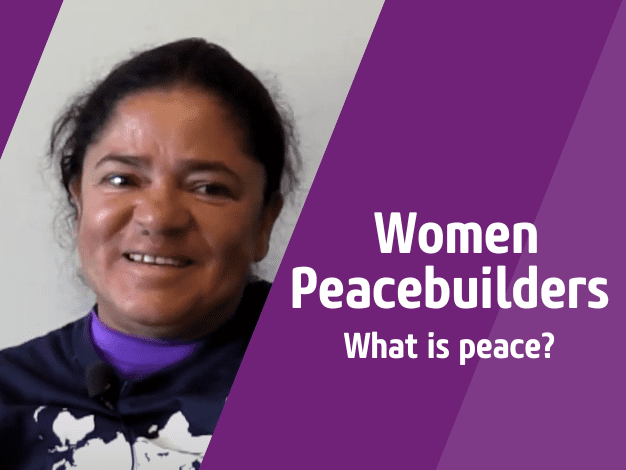

About us
Our work
Get involved
Ways to give
Resources
Get in touch
555 René-Lévesque Blvd. West, 8th Floor
Montreal (Quebec) Canada H2Z 1B1
Phone: 514-257-8711
Toll-free: 1-888-234-8533
Fax: 514-257-8497
Email: info@devp.org
Charity number: 1 1882 9902 RR 0001


Our international cooperation program is carried out in part with the financial support of the Government of Canada acting through Global Affairs Canada.
Development and Peace — Caritas Canada is the official international solidarity organization of the Catholic Church in Canada and the Canadian member of Caritas Internationalis.
Copyrights © 2024
Don’t miss anything about the work of our international partners or our awareness and mobilization campaigns.
Sign up now for our newsletter.